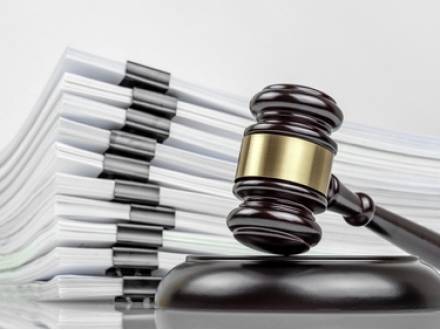Arlington Heights, IL 60005
What To Expect From the Discovery Part of the Illinois Divorce Process
 Discovery is one of the most influential parts of the divorce process. This is the stage where both spouses exchange important information. Discovery helps to ensure that decisions about property, support, and parenting time are based on complete and honest information. It can be confusing, but an experienced Arlington Heights, IL divorce lawyer will help you through the process and fight for a fair settlement.
Discovery is one of the most influential parts of the divorce process. This is the stage where both spouses exchange important information. Discovery helps to ensure that decisions about property, support, and parenting time are based on complete and honest information. It can be confusing, but an experienced Arlington Heights, IL divorce lawyer will help you through the process and fight for a fair settlement.
What Is the Discovery Process During Divorce?
The goal for the discovery process is to create a clear, fair picture of your finances as a couple. Each spouse must be truthful and give full information.
Under Illinois Supreme Court Rule 213, both parties can send written questions called interrogatories that must be answered under oath. They are often about income, bank accounts, property, and debts.
The spouses also fill out a financial affidavit. This is a form that lists your income, expenses, debts, and assets. It helps the court understand your financial situation. Giving accurate information prevents problems later and helps the court make fair decisions about money and property.
Common Tools Used During Discovery in an Illinois Divorce
In addition to the interrogatories, discovery uses several formal tools to collect and confirm information. Each one serves a specific purpose:
-
Requests for production: Under Illinois Supreme Court Rule 214, one spouse can ask the other to provide financial documents like tax returns, pay stubs, or bank statements.
-
Requests to admit: These are written statements that one spouse must either confirm or deny in writing. This process helps identify which facts are agreed upon and which issues still need to be decided in court.
-
Depositions: These are meetings where attorneys ask questions in person. Your answers are given under oath and recorded by a court reporter.
-
Subpoenas: The court can order third parties, such as banks or employers, to provide specific documents or records.
These methods help make sure no one hides assets or gives false information. Your attorney can object to unfair or overly broad requests and help you respond correctly.
What Happens if a Spouse Is Uncooperative During Discovery for Divorce?
There are several ways a spouse can make the discovery process more difficult. They might delay or ignore discovery requests. They could try to hide assets, move money, or report less income than they really earn.
Under Illinois Supreme Court Rule 219, judges can issue sanctions for anyone who fails to cooperate or lies during discovery. These penalties can include paying the other spouse’s attorney fees or losing the right to use certain evidence in court. In some cases, the judge may even rule against that person on key financial issues.
In serious cases, the court can hold someone in contempt. In that case, they can be fined or even jailed for refusing to follow court orders. If you believe your spouse is hiding assets, your attorney can use subpoenas, depositions, and document requests to uncover the truth.
Contact an Experienced Rolling Meadows, IL Divorce Attorney Today
At Law Offices of Donald J. Cosley, you will work directly with one attorney, Donald J. Cosley himself. He personally handles every part of your case, from discovery to final resolution. When you call with questions, you will speak directly with him, not a paralegal or assistant. His personal attention ensures that your needs are fully understood and that you always know what to expect.
Call an Arlington Heights, IL divorce lawyer today at 847-253-3100 to schedule your free consultation.












